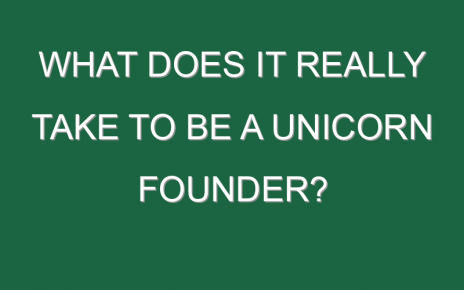Good morning…and brace yourself.
There’s a chance the U.S. election won’t be settled in the next 72 hours. And there’s a chance it won’t be decided without court intervention. More disturbing, there are signs extremists on both sides are prepared to take to the streets if they feel things have gone awry.
Twenty years ago, I oversaw the Wall Street Journal’s pop-up Florida bureau, covering the contentious recount of 2000. I well remember the heightened emotions of the time, and the sense that U.S. democracy was at a breaking point. Yet in the end, it ended, and the country moved on. (For an interesting take on that episode, read Peter Baker and Susan Glasser’s new biography of James Baker, who outmaneuvered Democrats in the final 2020 election battle. And for a more pointed but entertaining version of the same, watch the new HBO Documentary, 537 Votes.)
This time could be harder. Emotions on both sides are higher. The odds that either side will stand down as graciously as Al Gore did are slim. Centrifugal forces are overpowering centripetal ones.
Why does this matter to business? Because we live at a moment when work and life are converging. Much is made of the role that the millennial generation plays in business, but here are some facts: millennials are less likely to be married than previous generations, less likely to join an organized religion, and less likely to join civic and social clubs. That means outside of social media—which can aggravate alienation as much as alleviate it—millennials depend on employers as their main formal connection to society. And the pandemic has only increased that dependence.
That puts an increased burden on corporate leaders, who feel greater responsibility for their employees’ health and well-being. It’s no surprise CEOs are staying out of the presidential race—the Wall Street Journal reported over the weekend that only six of the Fortune 100 had put money behind a candidate as of mid-October. That’s down from 11 four years ago and 32 eight years ago. They understand that, to effectively lead their employees, they need to avoid taking a public position, and be prepared to soothe post-election trauma.
Let’s hope, for everyone’s sake, this ends smoothly. As Fortune’s Jeremy Kahn reports, the betting markets think it will be closer than the pollsters do. And television networks are lining up lawyers to explain the potential legal twists and turns. Stay tuned. More news below.

Alan Murray
@alansmurray
[email protected]




